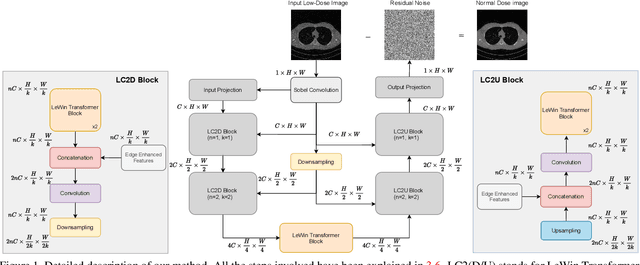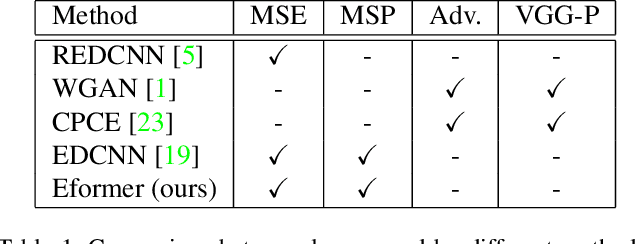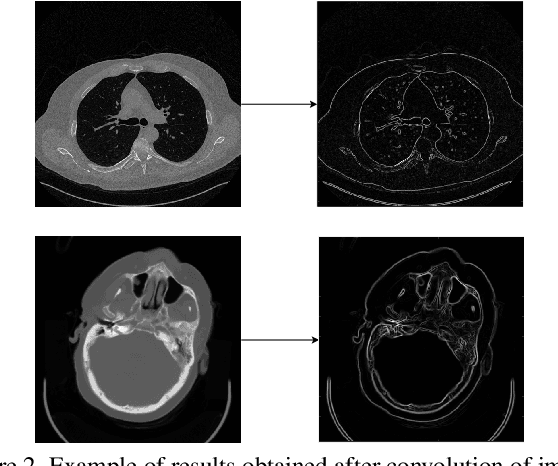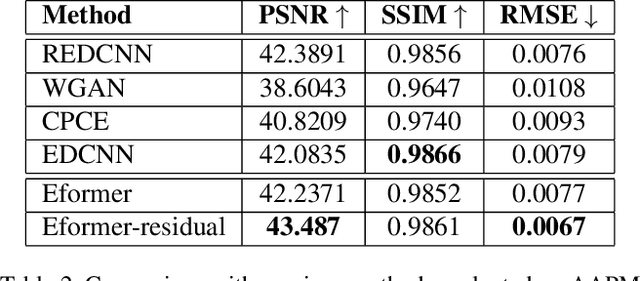Tanish Mittal
NFResNet: Multi-scale and U-shaped Networks for Deblurring
Dec 12, 2022



Abstract:Multi-Scale and U-shaped Networks are widely used in various image restoration problems, including deblurring. Keeping in mind the wide range of applications, we present a comparison of these architectures and their effects on image deblurring. We also introduce a new block called as NFResblock. It consists of a Fast Fourier Transformation layer and a series of modified Non-Linear Activation Free Blocks. Based on these architectures and additions, we introduce NFResnet and NFResnet+, which are modified multi-scale and U-Net architectures, respectively. We also use three different loss functions to train these architectures: Charbonnier Loss, Edge Loss, and Frequency Reconstruction Loss. Extensive experiments on the Deep Video Deblurring dataset, along with ablation studies for each component, have been presented in this paper. The proposed architectures achieve a considerable increase in Peak Signal to Noise (PSNR) ratio and Structural Similarity Index (SSIM) value.
Eformer: Edge Enhancement based Transformer for Medical Image Denoising
Sep 16, 2021



Abstract:In this work, we present Eformer - Edge enhancement based transformer, a novel architecture that builds an encoder-decoder network using transformer blocks for medical image denoising. Non-overlapping window-based self-attention is used in the transformer block that reduces computational requirements. This work further incorporates learnable Sobel-Feldman operators to enhance edges in the image and propose an effective way to concatenate them in the intermediate layers of our architecture. The experimental analysis is conducted by comparing deterministic learning and residual learning for the task of medical image denoising. To defend the effectiveness of our approach, our model is evaluated on the AAPM-Mayo Clinic Low-Dose CT Grand Challenge Dataset and achieves state-of-the-art performance, $i.e.$, 43.487 PSNR, 0.0067 RMSE, and 0.9861 SSIM. We believe that our work will encourage more research in transformer-based architectures for medical image denoising using residual learning.
 Add to Chrome
Add to Chrome Add to Firefox
Add to Firefox Add to Edge
Add to Edge